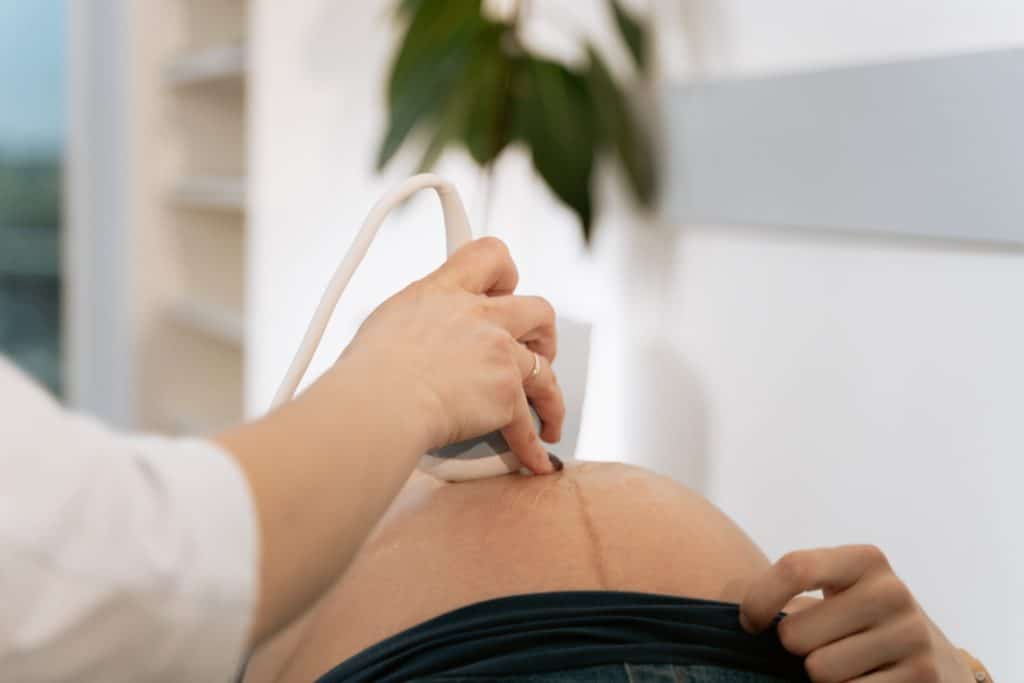After overturning a four-day inpatient denial for a 13-week pregnant patient with hyperemesis gravidarum and severe pain, the insurance company medical director commented that it is very difficult to overturn these cases. Just another example of the importance of detailed follow-up Peer-to-Peer discussions, even in denied cases that seem “hopeless” to be overturned.
CLINICAL SUMMARY: Hyperemesis gravidarum 4-day inpatient stay
A 34-year-old patient who was 13 weeks pregnant was admitted to the hospital recently with hyperemesis gravidarum with electrolyte imbalances. The patient had experienced several days of nausea and emesis; she also had a low-grade fever of 100.5 degrees with a white blood cell count of 20k and bicarb of 17. An abdominal MRI showed no appendicitis. Urinalysis noted epithelial cells, moderate bacteria, trace protein and ketones. Treating physicians began ceftriaxone for asymptomatic bacteriuria. The patient experienced sudden onset back and pelvis pain with unclear etiology. She was started on morphine. A retroperitoneal ultrasound showed mild right renal fullness. Physicians consulted urology concerned for obstructing nephrolithiasis in the setting of the pregnancy. Urology concluded the patient could have recently passed a stone, but no current stone required management.
The patient’s electrolytes stabilized during the four-day stay and outpatient IV fluids were arranged for given the ongoing hyperemesis gravidarum. There was no urine culture growth, therefore antibiotics were stopped at discharge. The patient had a close obstetrics follow-up post discharge.
 DENIED INPATIENT STAY
DENIED INPATIENT STAY
The insurance company denied the four-day hospital stay at the acute inpatient level of care without detailed reasoning in its denial letter. Therefore, a Peer-to-Peer discussion with the medical director was scheduled.
 PEER-TO-PEER DISCUSSION
PEER-TO-PEER DISCUSSION
An AppriseMD physician advisor conducted a Peer-to-Peer with the insurance medical director to discuss the patient and the denial reasoning for the hyperemesis gravidarum case. After a detailed discussion, the denial was overturned based on the amount of pain medication the patient required. The patient had severe flank pain and a stone evaluation. In addition, the patient underwent a retroperitoneal ultrasound. The urology consult felt this was not related to a kidney stone. Ultimately, the patient improved but it required significant pain medication and antiemetic medications which allowed for inpatient approval.
OUTCOME: DENIAL OVERTURNED
After overturning the denial, the insurance company medical director commented that it is very difficult to overturn these cases.

